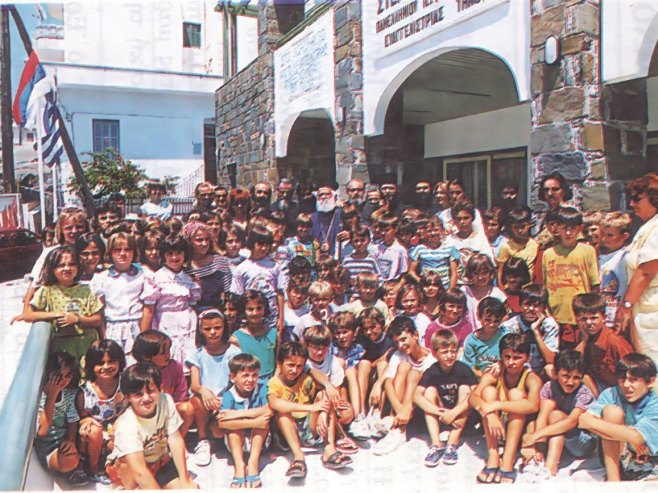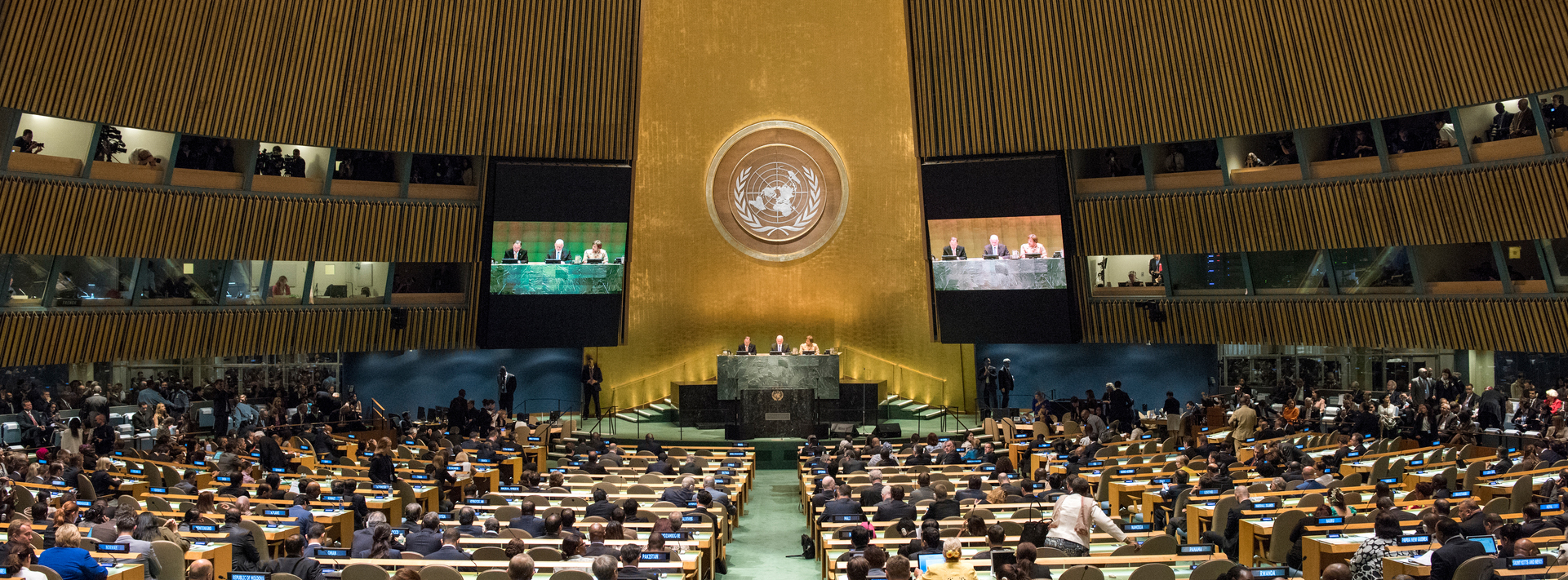On Wednesday, October 16, the Greek island of Tinos will host the premiere of the documentary film “Saving Interrupted Childhood: Tinos – 30 Years Later,” which expresses gratitude to the Greek people and the island’s residents for their selfless support and refuge provided to children from Republika Srpska during 1994, confirmed the film’s author, Mladen Kojić from Srebrenica, to Srna.
This documentary, an emotional story about the friendship between the Greek and Serb people filled with empathy, love, and solidarity, was made to mark 30 years since 90 children and five teachers from Vlasenica, Bratunac, Skelani, and Srebrenica stayed on the Greek island of Tinos.
At the heart of this 62-minute story is the fate of children from Republika Srpska whose childhood was abruptly interrupted by the outbreak of war.
The children lost their homes, family members, freedom, and the carefree nature of their lives and upbringing.
The film tells a war story through the memories and personal experiences of the children from elementary school, who are now adults. Despite the horrors of war, displacement, and the loss of loved ones, they were fortunate to experience a brighter side of life during those difficult times—far from the war, surrounded by love, safety, and happiness.
The universal message of the film is a sincere expression of gratitude to the Greek people for everything they did for the Serb children, as well as a reminder that such a great act of friendship, love, and solidarity should never be forgotten.
The film conveys the clear message that every war destroys lives, but it impacts the most vulnerable—children—who, in addition to other losses, are deprived of their childhood.
Kojić mentioned that the film includes testimonies, photographs, and memories of more than 30 individuals who were on the island of Tinos during the war in 1994, including himself.
- “Our group was among the first to stay in Greece for five months, where we had lessons in both our and the Greek languages, as well as other educational and recreational activities, including a cruise,” Kojić said.
He added that this film is his way of thanking the Greek Orthodox people, who showed that the friendship between Greeks and Serbs is deep, genuine, and lasting.
- “Most of the children who stayed on Tinos were either orphans, children of war veterans, or refugees whose childhood and upbringing were interrupted by war, the loss of loved ones, displacement, and the traumas that come with such environments,” Kojić said.
According to him, those who participated in making the film confirmed that, thanks to the love, care, and sincerity of the Greeks, their childhood was, in part, saved and restored.
Kojić said that he came up with the idea for the film several years ago, and last year, he began preparations and filming. The premiere is scheduled to take place at the location that made an indelible impact on the children’s lives, on the island of Tinos.
- “For years, I’ve wanted to return to that island, meet dear friends who, even after our stay in Greece, continued to support me and my family, as well as many other children, with warmth and love. That’s why I decided to gather the people who were on that trip, make a film, and go back,” he added.
Ten of his peers will accompany Kojić to the premiere on Tinos to thank their hosts for their hospitality and help when they needed it the most during the difficult war years when they lost loved ones and caregivers.
Kojić noted that the production of the film would not have been possible without the support of several institutions, including the Representative Office of Republika Srpska in Greece, the Ministry of Labor and Veterans’ Affairs of Republika Srpska, the Organization of Families of Killed, Captured, and Missing Civilians of Srebrenica, the Republican Organization of Families of Captured and Killed Soldiers and Missing Civilians, and the municipalities of Bratunac and Vlasenica.
The costs of organizing the trip to Greece were supported by the President of the National Assembly of Serbia, Ana Brnabić, with additional support announced from the office of the President of Republika Srpska, Milorad Dodik.
Several companies also helped in the making of the film.
In addition to the screening on Tinos, the film will be shown in Bratunac, Vlasenica, and across the region.
Hundreds of Serb children stayed in Greece during the war years, and humanitarian aid from this Orthodox country continued to arrive in Republika Srpska for many years after the war, mainly through the Orthodox Church. This documentary is a unique way of thanking the Greek people 30 years later for their humanity, solidarity, and goodwill towards the Serb people, ensuring that this gesture will be remembered and never forgotten.
Source: RTRS









